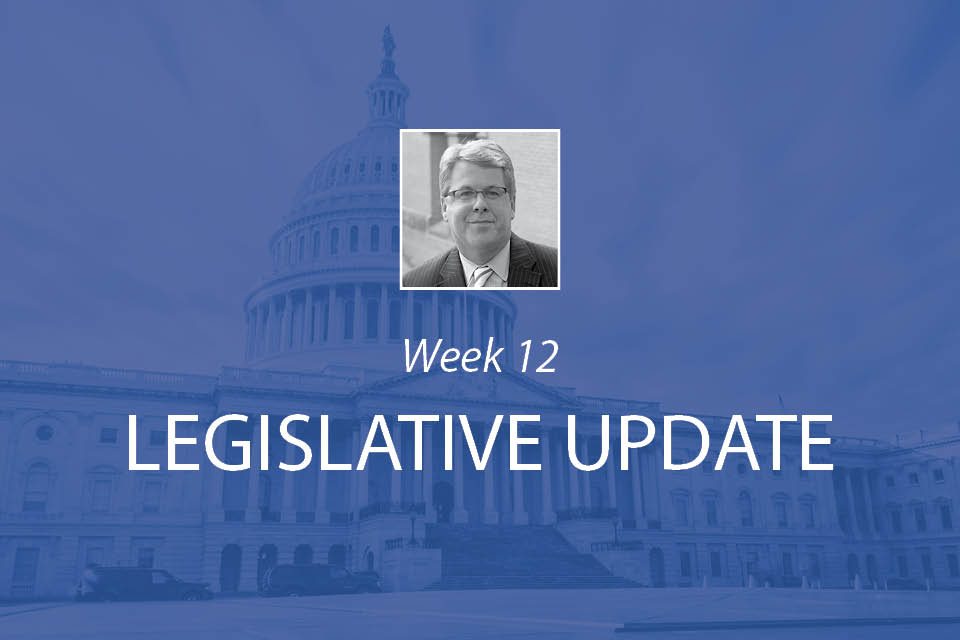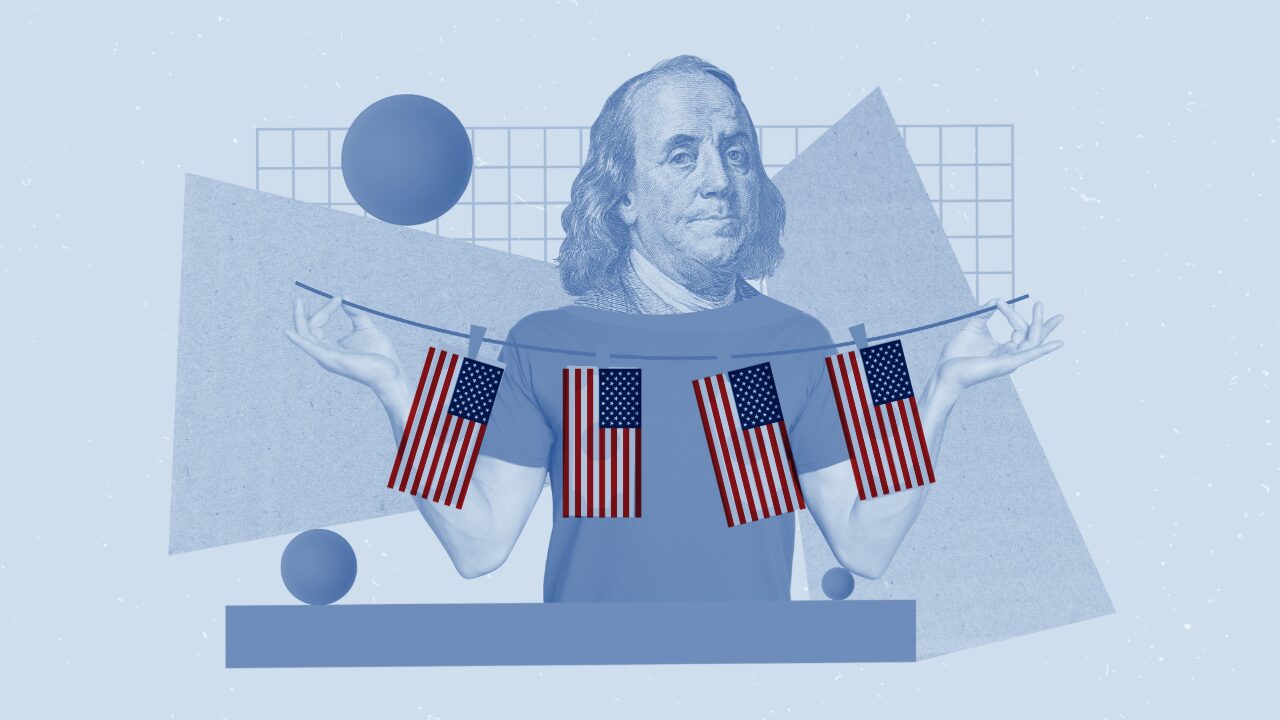Build Back Better
The House of Representatives passed the Build Back Better Act this morning by a vote of 220-213. The bill now proceeds to the Senate for consideration. We remain concerned with revenue raisers in the package and have communicated opposition to them with Members of Congress. Our focus has been on provisions raising tax rates on small and medium sized business that are organized as S-Corporations or other pass through structures. The current tax rate for these businesses under the Tax Cuts and Jobs Act is 29.6 percent. The House’s version of the Build Back Better Act would add a 3.8 percent Net Investment Income Tax (NIIT) to S corporation and partnership income earned by active owners of the business. Currently, active owners of these businesses do not pay the NIIT on their business’ profits. This expanded tax applies to owners with incomes exceeding $400,000 (single) and $500,000 (joint), but for business shares held in trust, the expanded tax applies to income over just $13,000.
In addition to the NIIT, the bill includes a new surtax on all forms of adjusted gross income of 5 percent on income over $10 million and 8 percent on income over $25 million. For family businesses with taxable trusts, those thresholds are $200,000 and $500,000, respectively.
Adding all of these components up, the tax rate for small and medium sized businesses jumps up to 41.4 percent—a sizable increase for businesses across the country that employ over half of all the private sector workforce.
On the positive side of the ledger, there are a few provisions in this bill worth noting. One is language authorizing $2.1 billion for the U.S. Department of Agriculture’s rural housing program. Specifically, the bill directs $2 billion to carry out new construction projects and an additional $100 million in grants to help low-income homeowners in rural areas repair and upgrade their homes.
For those located in areas where the state and local taxes (SALT) are high, the measure includes SALT cap relief. Under the new provision unveiled in the latest iteration of the Build Back Better Act, the SALT cap is extended to 2031, but increased from $10,000 to $80,000 beginning in 2021, before decreasing back to $10,000 in 2031. The current cap is scheduled to expire after 2025.
Assuming the measure passes the House, it is certain to be modified significantly in the Senate. ABMA will be working with key Democrats in the Senate to ensure that our concerns about provisions in the House bill are known and educate them about the impacts on businesses in the LBM sector.
Vaccine Mandate
On November 16, the many challenges to OSHA’s emergency temporary standard (ETS) in various federal circuit courts of appeals were consolidated in the Sixth Circuit Court of Appeals.
If the Sixth Circuit moves quickly as the Fifth Circuit did, it could rule on a stay by the end of this week, or soon thereafter.
The U.S. Supreme Court is expected to rule on the challenges to the OSHA ETS following the Sixth Circuit decision. If the Supreme Court addresses the case in an expedited fashion (through its so-called “shadow docket”) and rules without a full briefing, it could issue a decision as early as the end of this month.
If the Supreme Court requires briefing and oral argument, it might issue a decision by the end of this year, but perhaps more likely next year. In light of the litigation, OSHA announced that it is suspending all activities around implementation and enforcement pending judicial review. That announcement may be found here.




